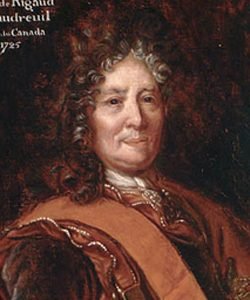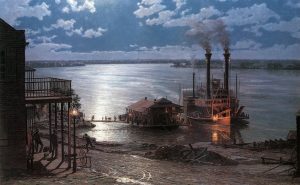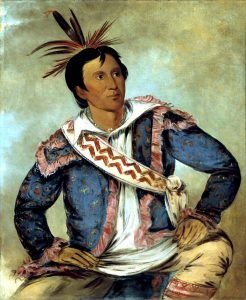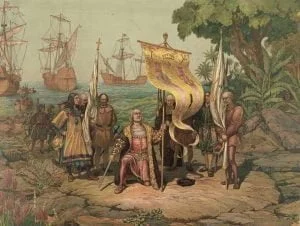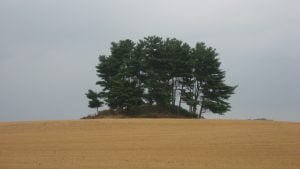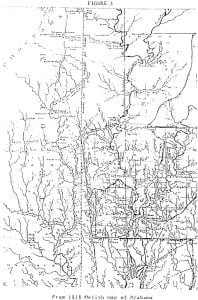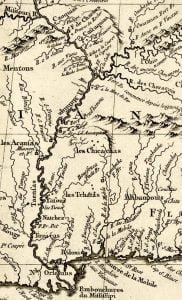Views on the Choctaw and Fables – North American Indians
The territories of the Choctaws in 1723, in which year the seat of the French government in Louisiana, then under Bienville, was definitely transferred from Natchez to New Orleans, then containing about one hundred houses and three thousand inhabitants, extended from the Mississippi River to the Black Warrior, east: and from Lake Pontchartrain to the territories of the Natchez, west, and Chickasaws, north. They possessed upwards of sixty principal towns, and could muster, as was estimated, twenty-five thousand warriors. The Choctaws called all fables Shukha Anump (hog talk) as a mark of derision and contempt. Some of their fables, handed … Read more

